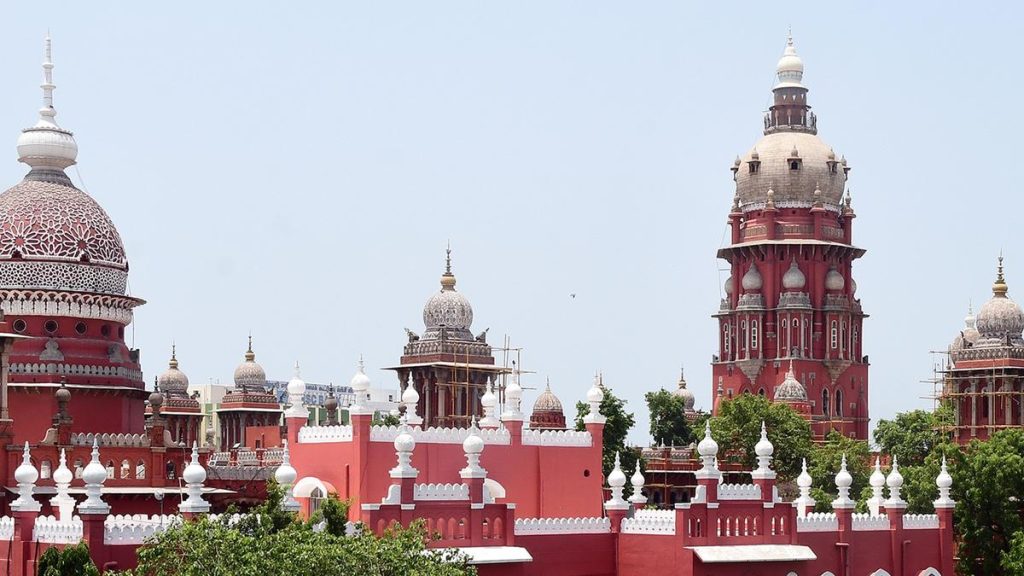Now Reading: Farmers, Workers Protest FTAs Over Fears of Corporate Control in Agriculture
-
01
Farmers, Workers Protest FTAs Over Fears of Corporate Control in Agriculture
Farmers, Workers Protest FTAs Over Fears of Corporate Control in Agriculture

Fast Summary
- Farmer and worker unions staged protests on Wednesday against the Union government’s Free Trade Agreements (ftas), citing harm too India’s agricultural sector.
- Organized under the “Quit Corporates” call by Samyukt Kisan Morcha and joint Committee of Central Trade Unions, protestors included farmers, labourers, tenant farmers, and agricultural workers.
- Effigies of Prime Minister Narendra Modi and former U.S.President Donald Trump were burned during the demonstrations.
- Protestors alleged that FTAs prioritize corporate interests over farmers’ welfare. Specific concerns included foreign dominance in machinery sales and agriculture markets, as well as policies like scrapping old tractors being labeled exploitative.
- They warned that such pacts could led to devastation in farming sectors, land transfers to corporates, adverse effects on aquaculture due to U.S.-imposed tariffs, and erosion of public agrarian support systems.
- Key demands: repealing Trump-era tariffs; implementing Swaminathan Commission’s MSP recommendations; waiving loans for farmers; reversing anti-labor laws; protecting public sector units.
- Leading union leaders addressed the gathering: K. Srinivas (Andhra Pradesh Rythu Sangham), sheikh Basha (Rythu Coolie Sangham), S.K. Ghouse (AIKS general secretary), among others.
Indian Opinion Analysis
The protest highlights notable discontent within farming communities regarding global trade agreements perceived as detrimental to Indian agriculture. While free-trade deals aim at liberalization and economic growth through reduced barriers, critics argue they frequently enough disproportionately impact vulnerable sectors such as small-scale farming by easing entry for multinational corporations into domestic markets.
The concerns raised-corporate dominance in machinery sales or pressure from new tariffs-underline a gap in balancing globalization with local safeguards for marginalized stakeholders like farmers or laborers dependent on traditional industries. Calls for implementing Swaminathan Commission’s MSP reforms reflect longstanding grievances about pricing protections critical to safeguarding rural livelihoods.
For policymakers, these developments serve as a reminder of the need for participatory dialog with affected communities before committing to international agreements impacting core domestic industries like agriculture-a crucial pillar of india’s socio-economic framework.
read more: [Link not provided]
























